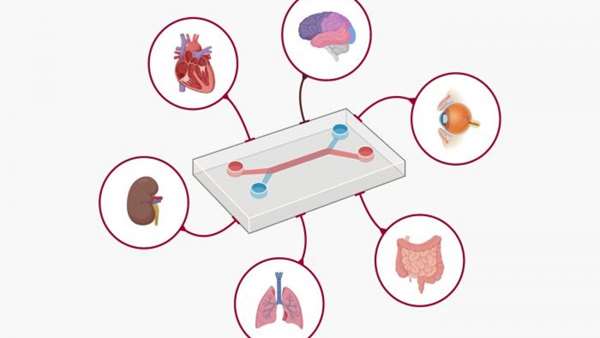Qualifying a human Liver-Chip for predictive toxicology: Performance assessment and economic implications
Human organ-on-a-chip (Organ-Chip) technology has the potential to disrupt preclinical drug discovery and improve success in drug development by recapitulating organ-level pathophysiology and clinical responses. The Innovation and Quality (IQ) consortium formed by multiple pharmaceutical and biotechnology companies to confront this challenge has published guidelines that define criteria for qualifying preclinical models, however, systematic and quantitative evaluation of the predictive value of Organ-Chips has not yet been reported.
Here, 780 Liver-Chips were analyzed to determine their ability to predict drug-induced liver injury caused by small molecules identified as benchmarks by the IQ consortium. The Liver-Chip met the qualification guidelines across a blinded set of 27 known hepatotoxic and non-toxic drugs with a sensitivity of 80%, increasing to 87% when protein binding is corrected, and a specificity of 100%. A computational economic value analysis suggests that with this performance the Liver-Chip could generate $3 billion annually for the pharmaceutical industry due to increased R&D productivity.




ارسال به دوستان